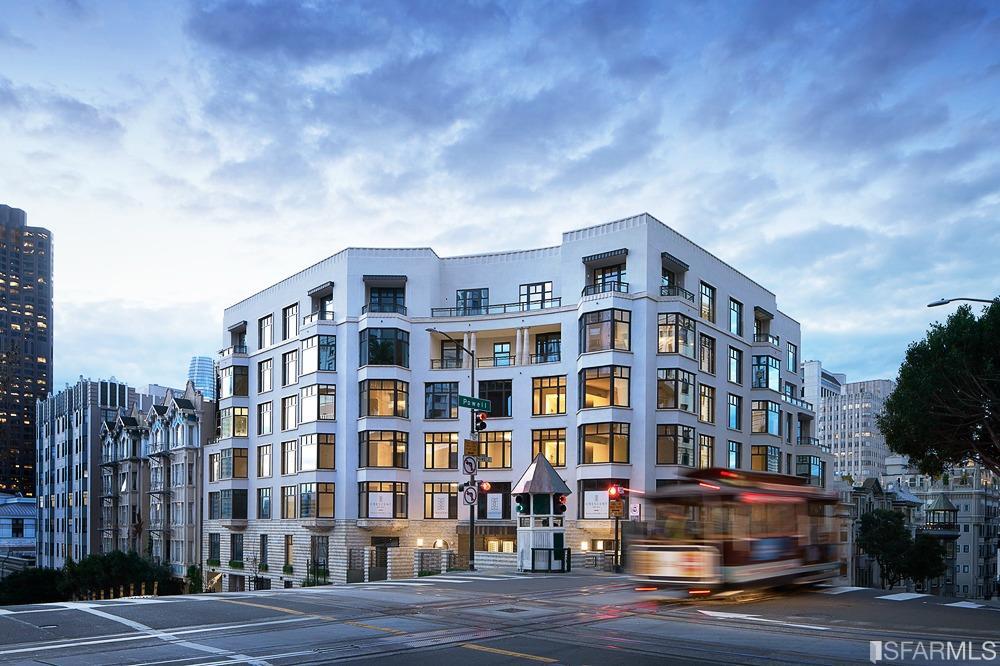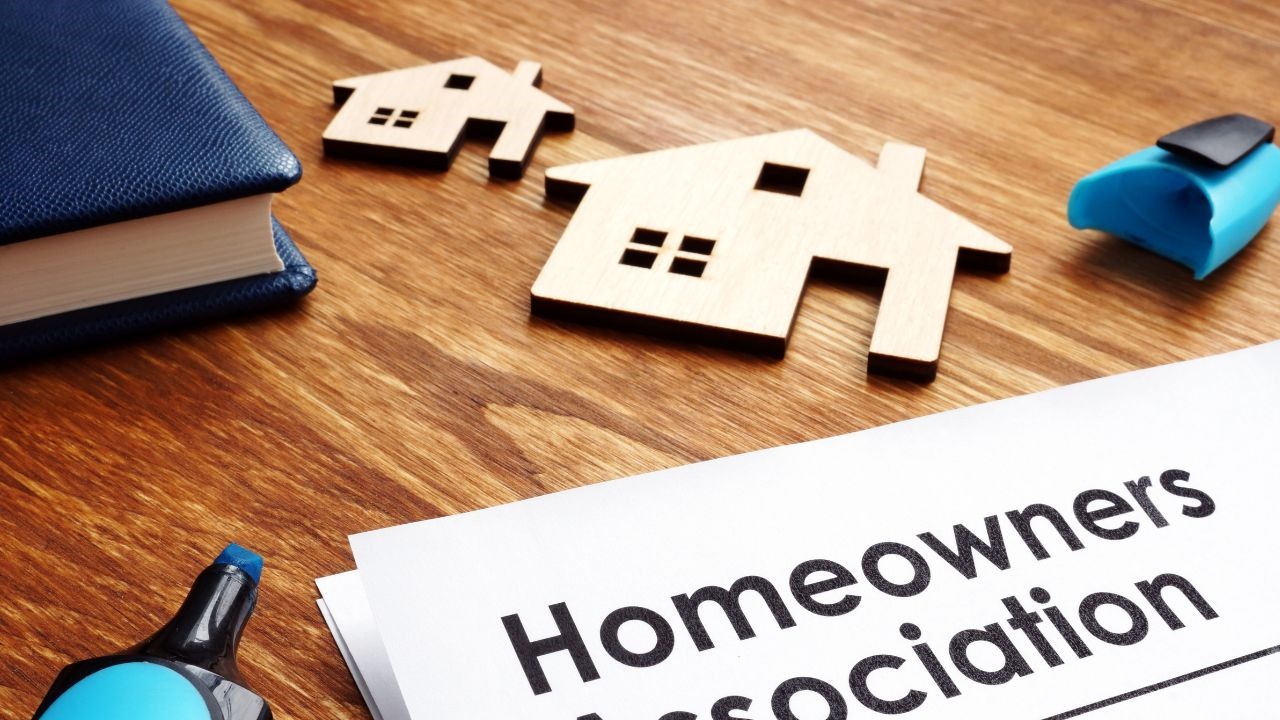The Benefits of Investing in an HOA Condo
The Duty of an HOA in Developing and Enforcing Community Guidelines for Citizens
The role of a Homeowners Organization (HOA) in enforcing and developing neighborhood standards is fundamental to preserving a natural and organized property setting - hoa condo. By formulating clear rules that control facets such as residential property upkeep and community conduct, the HOA not just sets requirements for residents yet likewise promotes a feeling of belonging and liability. The implementation of these guidelines can present numerous obstacles, raising concerns about community, justness, and interaction engagement. As we check out these intricacies, it becomes apparent that the impact of an HOA expands much past simple regulation enforcement.
Recognizing Homeowners Organizations
Homeowners associations (HOAs) function as regulating bodies for residential communities, playing an important function in keeping residential or commercial property worths and cultivating a feeling of neighborhood. Normally formed by designers, HOAs are made up of property owners within an assigned location who elect a board to manage the association's activities. The primary functions of an HOA include implementing community regulations, handling common areas, and arranging community occasions.
HOAs run under a set of governing papers, including commitments, limitations, and problems (CC&R s), which outline the legal rights and duties of house owners. These policies aim to make certain that residential properties are preserved to a certain criterion, thus safeguarding the aesthetic appeal and total value of the community. In addition, HOAs usually gather charges from house owners to fund maintenance, landscape design, and other social work.
The existence of an HOA can considerably affect the living experience within a neighborhood (hoa condo). While some homeowners value the structured atmosphere and amenities offered, others may locate specific guidelines restrictive. Balancing the rate of interests of all house owners is crucial for an HOA to function efficiently, guaranteeing that it offers its intended objective of enhancing neighborhood living while valuing specific homeowner legal rights
Establishing Neighborhood Guidelines

To begin, an HOA should carry out surveys or convene that enable homeowners to articulate their pointers and worries. This participatory process cultivates a sense of possession and increases compliance. Next off, the HOA board need to evaluate the responses to determine typical styles and top priorities that necessitate official incorporation in the guidelines.
It is also important to make sure that the standards are clear, succinct, and conveniently understood. Uncertainties can bring about misunderstandings and problems, weakening the purpose of the guidelines. The standards should be comprehensive, covering numerous elements of community living, consisting of building maintenance, sound degrees, and use of typical areas.
Enforcement of Guidelines
Reliable enforcement of area rules is critical for keeping order and guaranteeing that all homeowners stick to the established guidelines. An HOA needs to execute an organized method to impose these guidelines, which usually entails a combination of monitoring, interaction, and penalties for non-compliance.
First, normal evaluations and area patrols can help determine infractions, ensuring that regulations are regularly used throughout the community. This Look At This proactive surveillance allows the HOA to deal with problems before they escalate, fostering a sense of accountability amongst citizens.
2nd, clear interaction is essential. Homeowners ought to be educated of the guidelines and the treatments for reporting infractions. An open line of communication urges citizens to voice issues and look for clarification on standards, which can improve conformity.
Last but not least, when infractions occur, the HOA has to impose effects as described in the controling files. This may consist of warning letters, fines, or, in serious instances, lawsuit. It is very important that penalties are used fairly and constantly to keep trust fund within the community. By successfully implementing regulations, an HOA can cultivate a harmonious living atmosphere that shows the collective worths of its homeowners.
Advantages of HOA Laws
Numerous advantages develop from the implementation of HOA laws, which serve to enhance the lifestyle within a neighborhood. One primary benefit is the maintenance of residential or commercial property worths. By imposing standards for appearances and upkeep, HOAs ensure that homes and typical areas click over here stay attractive, promoting a desirable living atmosphere that can lead to boosted residential or commercial property worths over time.
Furthermore, see this HOA regulations promote uniformity and uniformity within the neighborhood. This comprehensibility in design and upkeep aids to produce a feeling of belonging amongst locals, adding to community pride and a favorable ambience. Additionally, developed standards facilitate dispute resolution amongst next-door neighbors by offering clear assumptions and methods for behavior, thus lessening disagreements.
An additional substantial advantage is the provision of shared amenities and services. Numerous HOAs handle neighborhood facilities such as clubhouses, parks, and pools, which enhance recreational opportunities for locals. These facilities not only improve the lifestyle but also encourage social interaction.
Inevitably, the laws established forth by an HOA grow an efficient, harmonious neighborhood, guaranteeing that locals delight in a high standard of living while fostering an encouraging setting for all house owners.
Typical Difficulties Faced by HOAs
Amidst the advantages that house owners associations (HOAs) can offer, they also encounter a variety of obstacles that can prevent their efficiency. One significant problem is the lack of resident engagement. Many home owners might not take part in meetings or area activities, leading to a separate in between the HOA board and residents. This disengagement can cause misunderstandings about area guidelines and an absence of support for enforcement initiatives.
Conflicts can emerge when residents feel that enforcement is inconsistent or biased, potentially leading to conflicts within the neighborhood. In addition, HOAs often deal with financial restrictions, which can restrict their capacity to keep usual locations or fund community projects.
In addition, navigating lawful complexities can be discouraging for HOAs. Altering demographics and evolving area needs require HOAs to adjust their guidelines, usually satisfying resistance from long-lasting locals that are accustomed to conventional standards.
Conclusion

By formulating clear policies that control aspects such as residential property maintenance and community conduct, the HOA not only establishes criteria for residents however likewise cultivates a sense of belonging and accountability.Homeowners organizations (HOAs) offer as controling bodies for residential neighborhoods, playing a vital duty in maintaining residential or commercial property values and promoting a feeling of area. Many homeowners may not take part in meetings or neighborhood activities, leading to a detach in between the HOA board and homeowners. Transforming demographics and evolving community needs require HOAs to adapt their guidelines, frequently meeting resistance from long-standing residents who are accustomed to traditional norms. Through the growth of clear regulations and consistent enforcement, HOAs promote home upkeep, neighborhood pride, and trust amongst citizens.